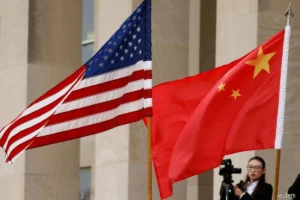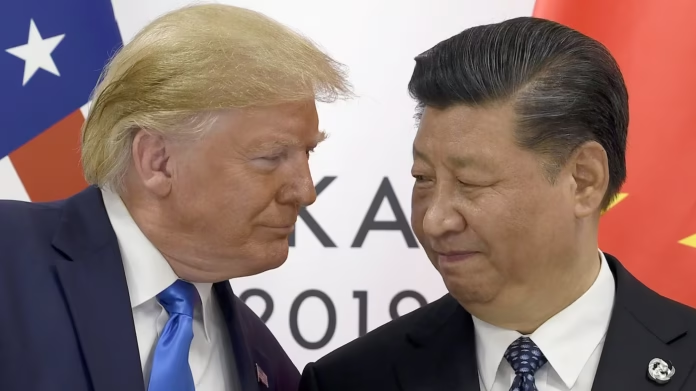
BEIJING, July 4 (Reuters) — On Friday, China’s Ministry of Commerce stated that both Beijing and Washington have intensified their efforts to follow through on the agreements made during their recent trade negotiations. The ministry emphasized that progress had been made, but it also warned the United States not to take any actions that might undermine the fragile understanding the two sides have reached so far.
According to the ministry, the consensus that has been achieved is the result of significant effort and cooperation between the two countries. Chinese officials urged the U.S. to avoid any moves that could reverse that progress or disrupt the ongoing dialogue. Maintaining steady and constructive engagement is essential, they said, to preserve the positive momentum in trade and economic relations.
China also expressed its hope that the United States would continue to approach talks in a spirit of mutual respect and cooperation. The ministry added that Beijing is willing to keep working collaboratively, provided Washington also shows a willingness to compromise and meet halfway. As the world’s two largest economies, both nations have a shared responsibility to ensure stability in global trade.
In a recent statement, China’s Ministry of Commerce urged the United States to recognize the mutual benefits and win-win potential of the economic and trade relationship between the two nations. The ministry emphasized that cooperation in trade should not be viewed as a zero-sum game, but rather as an opportunity for both sides to achieve shared prosperity and growth.
Over the past week, the ministry has issued three separate statements addressing the state of trade negotiations with the United States. In these messages, China called on Washington to maintain the constructive progress made so far and to avoid disrupting the forward momentum. At the same time, Beijing warned other countries against entering trade agreements with the U.S. that might compromise China’s economic interests. These warnings appear to be aimed at reinforcing China’s stance that any international trade deal involving the U.S. should not come at China’s expense.
Economist Julian Evans-Pritchard, head of China Economics at Capital Economics, noted that although China currently enjoys temporary relief from higher U.S. tariffs due to a 90-day truce, that reprieve is set to expire soon. He added that while China may avoid direct tariff hikes for now, recent U.S. trade deals with nations like the United Kingdom and Vietnam indicate that China could still face indirect economic pressures as the U.S. shifts its trade focus elsewhere.

